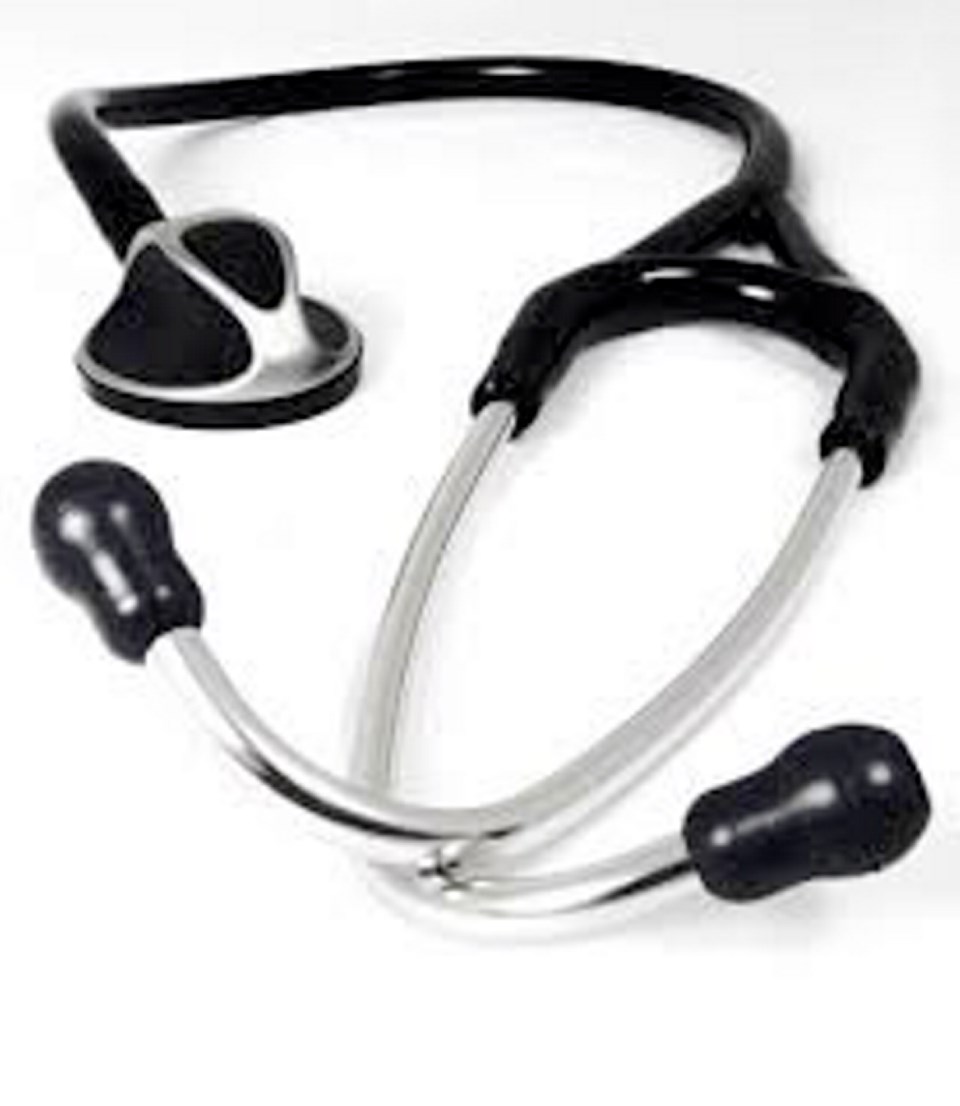Dear Dr. Roach: My wife, who is 72, has had a horrendous number of surgeries in her life. After one, she had her first complication, delirium and hallucinations that lasted for days.
Not knowing the cause, I was under the impression that it was possibly an overdose of morphine from the pain management not kicking in fast enough. But after other surgeries, I noticed the same complications.
I have even had special consultations with all the surgeons and anesthesiologists to try to lessen any effects from a deep application of the anesthesia.
Talking to many people, this seems like a common side-effect in anyone with dementia, but I have not seen any reports on this. Nurses seem to see this very often.
After one surgery, we were told that the surgery was successful and she was totally healed. She was brought in by ambulance from a nursing home/rehab, unable to stand or walk due to delirium and hallucinations.
Can you explain the effects of anesthesia and how it causes these effects in patients affected by dementia? I am 69 and have had multiple surgeries with no reaction to any anesthesia.
R.E.H.
This is an important question, but let me explain the confusing terminology first.
Dementia is a chronic condition of memory loss, sometimes with personality changes, cognitive loss and loss of spatial abilities. Alzheimer鈥檚 disease is the most common cause overall, but there are several other important causes.
Delirium is a sudden change in mental status. The symptoms can be similar, but often wax and wane. Delirium is caused by many medical conditions, including infection, medications, low oxygen levels and metabolic abnormalities, such as low sodium levels. Delirium is a medical emergency.
Delirium after surgery is common (one study says it happens 36 per cent of the time), but usually only very transiently, as people come out from anesthesia. Longer-lasting delirium is well reported after surgery (and can last as long as five years) and is much more common in older people, especially those with existing dementia.
It is associated with higher mortality, longer hospital stays, persistent cognitive loss and direct costs in the tens of billions of dollars per year. Thirty to 40 per cent of delirium cases are thought to be preventable.
There is no one strategy for preventing delirium, but there have been several strategies that may work in some people. Using less sedation, if possible, seems to be helpful, and one anesthesia agent (dexmedetomidine) seems to reduce risk compared with others.
However, the most effective strategy seems to be a multicomponent intervention on a specialized ward with trained nurses, physicians and other professional staff. This intervention reduced episodes of delirium by 20 per cent and, in those who had delirium, reduced the duration from 38 to 28 days.
One study showed that using medications often given to people with thought disorders reduced the incidence of delirium, and these types of medicines also might be useful in treating the symptoms of delirium.
This is a very important subject that is not talked about often enough, and I would like to see more research and more application of the techniques that are known to work.

